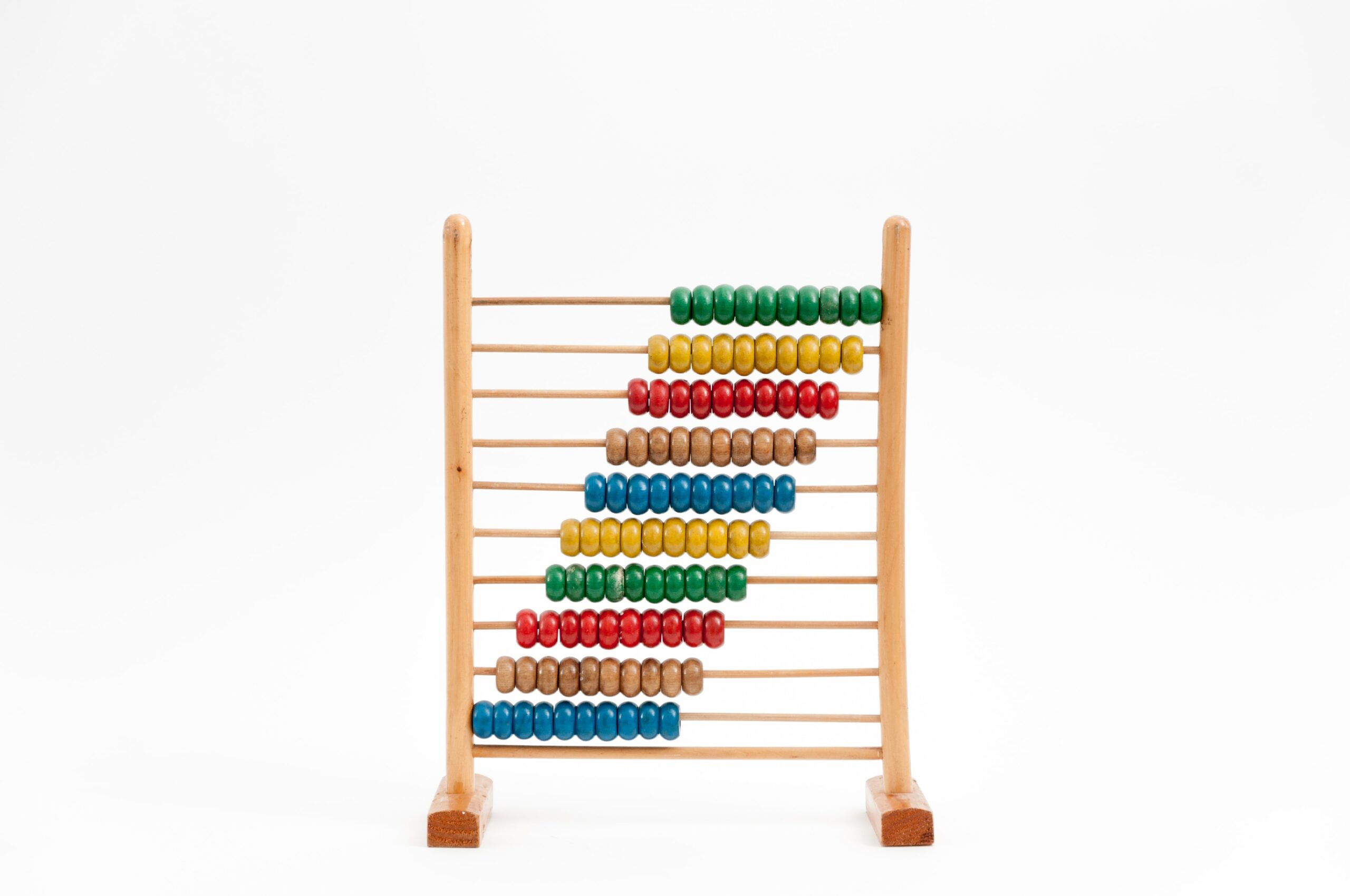Mark’s story of achievement from a diagnosis of dyscalculia and lack of support in school to becoming an advocate for adult education.
“This is a film about my journey in education. It connects my past to my present, from primary school to secondary school to third level and all the challenges I faced in the Irish education system without educational support and the difficulties of finding a job. My unhappiness at home and how I returned to education as an adult and became an ambassador for lifelong learning.”
Mark Daly, ambassador for lifelong learning.











